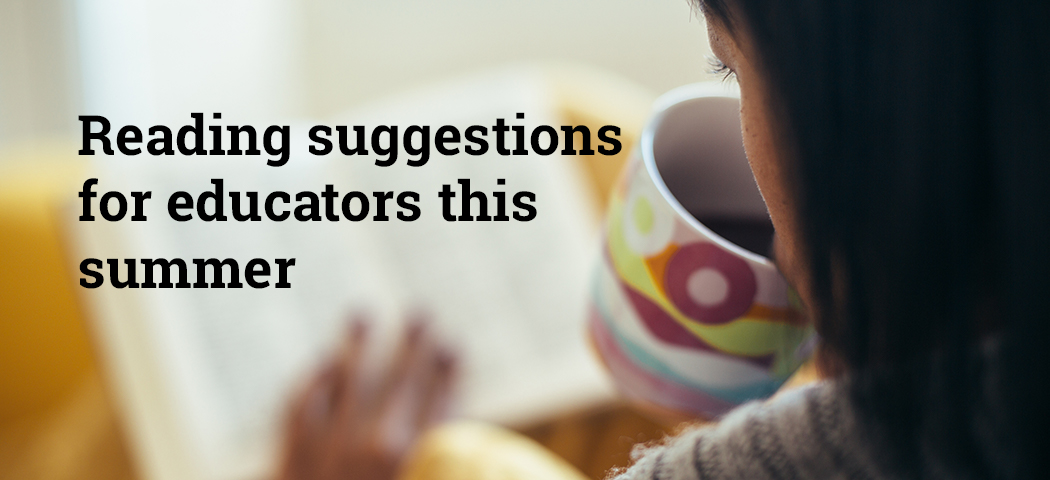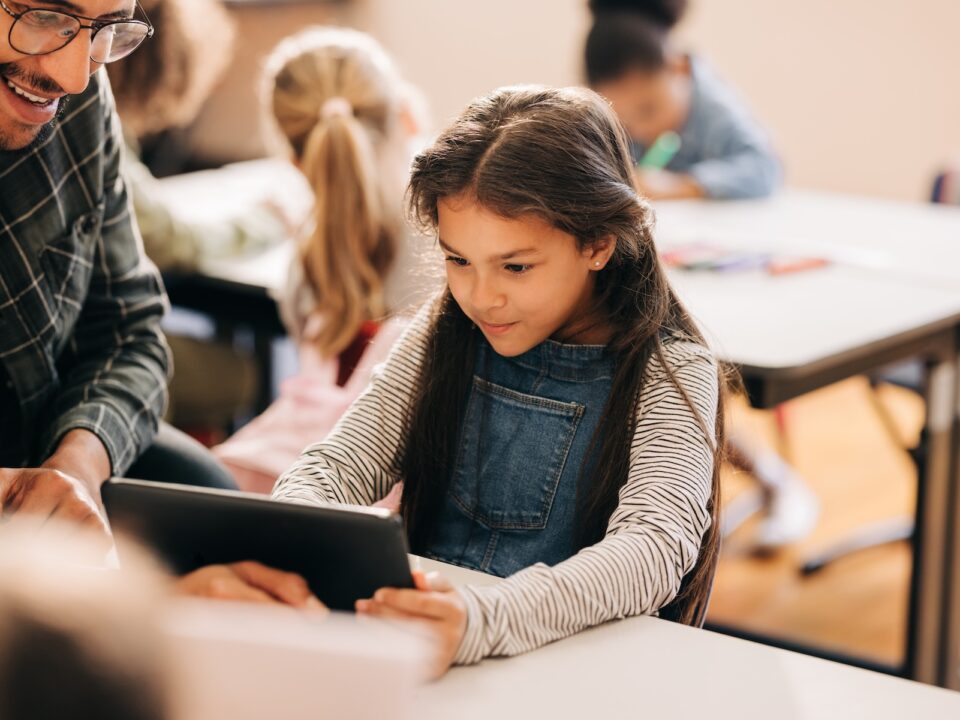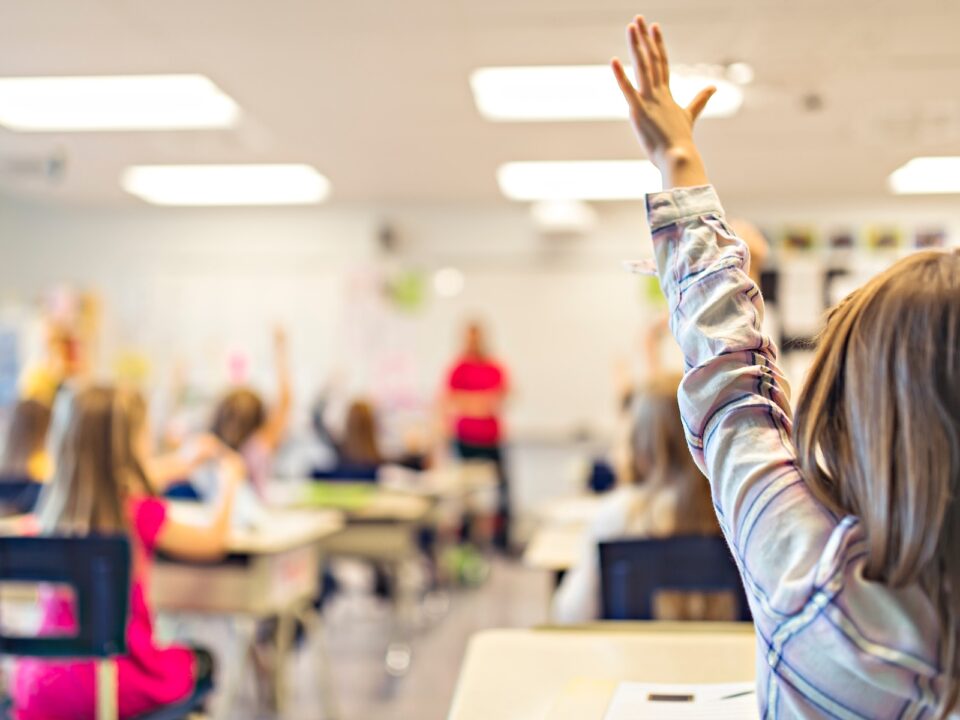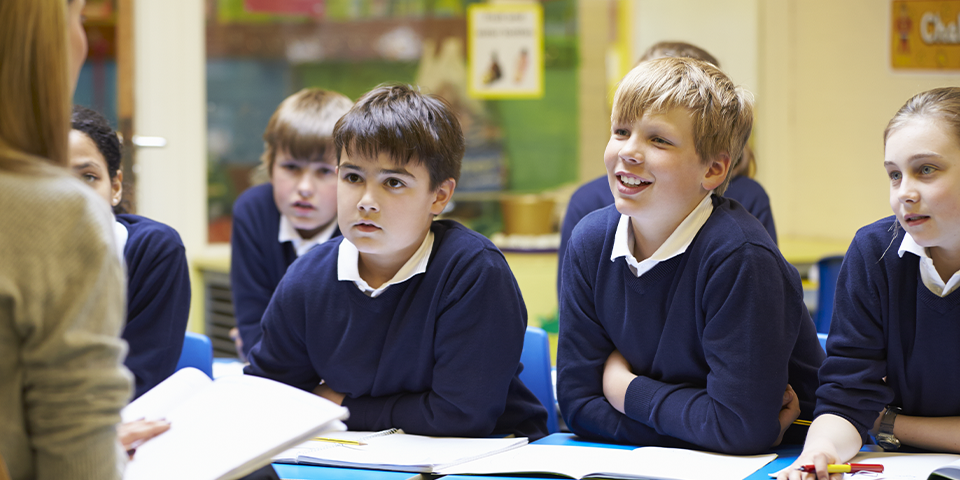- Sales & Support
- +61 2 4225 9698
- [email protected]

Spark a passion for reading: 15 ways to motivate daily reading practice
October 16, 2018
(Almost) perfect heroes and the science of learning
October 30, 2018Reading suggestions for educators this summer

By: Team Renaissance USA
Summer provides a nice—and much needed—break. It also provides a chance to catch up on some reading (in between visits to the beach and not thinking about school, of course). Take a look at a few of our reading suggestions below!
“The Brain’s Letterbox” (Psychology Today, 2015)
Written by David Ludden
Recommended by Jan Bryan, EdD, Vice President and National Education Officer
Ludden begins this article with an acknowledgement that “reading is a very unnatural act for humans.” As the article unfolds, we learn that, while we are wired prior to birth for speech and connecting with other humans, the neural structures (“wiring”) required to make meaning from symbolic representations of sounds, persons, and objects must be built. In fact, the brain dedicates a brand-new space just for that process—called the “letterbox.” The author takes us step-by-step through the research of Stanislav Dehaene (2009), and we come to the understanding that learning to read is an astonishing human accomplishment. This article is the perfect complement to Daniel Willingham’s The Reading Mind.
Enlightenment Now: The Case for Reason, Science, Humanism, and Progress
Written by Steven Pinker
Recommended by Eric Stickney, Senior Director of Educational Research
Watching the daily news can sometimes make us feel like things are bad and getting worse. To refute that notion and argue for optimism, Pinker brings data. A lot of it. In chart after chart, he summarizes major studies showing clearly that the rates of negative phenomena such as violence, war, poverty, famine, accidents, and even time spent doing housework have broadly come down—way, way down— since those statistics were recorded. Conversely, rates of literacy, educational access, intelligence, economic mobility, life expectancy, health, and happiness have greatly improved over time. Although not restricted just to education, this book has broad implications for the field. Pinker argues that our increased attention to reason, science, and human well-being are the drivers of the improvements, and you could further argue that those are all products of broad investment in universal education. To what extent can we keep the momentum going by preparing students to be literate, critical thinkers?
How Dogs Love Us: A Neuroscientist and His Adopted Dog Decode the Canine Brain
Written by Gregory Berns
Recommended by Cheryl Ballou, Associate Education Officer
Gregory Berns is a neuroscientist at Emory University who has studied how the human brain works using magnetic-resonance imaging. He expands his research to find out what his dog is thinking, and surmounts quite a few obstacles (how to get his dog to willingly enter the MRI machine for a scan is one). You will have to read it to find out if your dog is really your best friend!
The Reading Mind: A Cognitive Approach to How the Mind Reads
Written by Daniel Willingham
Recommended by Gene Kerns, EdD, Vice President and Chief Academic Officer
Well-known cognitive scientist Daniel Willingham explores the mystery of how our minds learn to read from an angle based squarely in cognitive science. He points out that we are born pre-wired to learn spoken language, but written language is something else altogether. If you choose this read, pay special attention to Daniel’s “self-teaching hypothesis” as a new way to explain why reading a variety of different topics is so beneficial for independent reading.
The Undoing Project: A Friendship That Changed Our Minds
Written by Michael Lewis
Recommended by Catherine Close, PhD, Psychometrician Supervisor
I usually read an eclectic mix of books on statistics, psychology, and adaptive testing. In spurts, I’ll throw in less technical stuff for fun. With that, I recently finished reading Michael Lewis’s The Undoing Project: A Friendship That Changed Our Minds. The book is about two Israeli psychologists—Daniel Kahneman and Amos Tversky—who, in my mind, influenced a lot of the psychology and the related mathematics that I learned in college and graduate school. Understanding why people think the way they do and whether probability plays a role in it is quite interesting. The flaws of human judgment as described in the book are both unsettling and enlightening. Danny and Amos’s work on the development and improvement of assessments that would flag Israeli soldiers/pilots who were likely to be successful in the Israeli army helps illuminate much of the earlier work on military testing in general and the application of mathematics to psychology (psychometrics), economics (econometrics), medicine, etc. This book would probably appeal more to those with a psychology and statistics background, but curious readers might enjoy it, too.
Unlocking Student Talent: The New Science of Developing Expertise
Written by Robin Fogarty, Gene Kerns, and Brian Pete
Recommended by Jan Bryan, EdD, Vice President and National Education Officer
In 2009, Fogarty, Kerns, and Pete effectively unpacked the theory around formative assessment and described practical classroom applications. They are back, once again guiding us to understand and apply complex yet fascinating research, so that we make a difference for each learner. Drawing from the substantial research base on deliberate practice, Fogarty, Kerns, and Pete progress from observation of peak performers to practical applications for every learner. Unlocking student talent begins with unlocking teacher expertise. Fogarty, Kerns, and Pete offer explicit knowledge and specific techniques to do just that.



